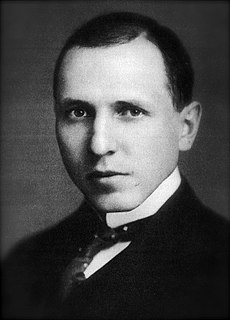A Quote by Suzanne Bates
We must reflect a holistic view of the leader, in three dimensions, character, substance and style. Character consists of the qualities that win trust whereas substance consists of the qualities that earn us credibility; style is the dimension of execution - getting others to get things done.
Related Quotes
Executive presence has to do with the whole of the person. It's much more than presentation skill, charisma or savvy. It shows up in three dimensions of the leader's persona - character, substance and style. It's now clear that for a leader to influence and make an impact, it is important for them to also develop qualities such as authenticity, integrity, resonance, practical wisdom, and vision.
If indeed the qualities such as love, patience, tolerance, and forgiveness are what happiness consists in, and if it is also true that compassion, defined as concern for others, is both the source and the fruit of these qualities, then the more we are compassionate, the more we provide for our own happiness.
In our concern for others, we worry less about ourselves. When we worry less about ourselves an experience of our own suffering is less intense. What does this tell us? Firstly, because our every action has a universal dimension, a potential impact on others' happiness, ethics are necessary as a means to ensure that we do not harm others. Secondly, it tells us that genuine happiness consists in those spiritual qualities of love, compassion, patience, tolerance and forgiveness and so on. For it is these which provide both for our happiness and others' happiness.
I try to teach my students style, but always as a part of life, not as ornament. Style has to come out of communicating coherent thought, not in sticking little flowers on speeches. Style and substance and a sense of life are the things literature is composed of. One must use one's own personality in relationship to life and language, of course, and everyone has such a relationship. Some people find it, some don't find it, but it's there.






























